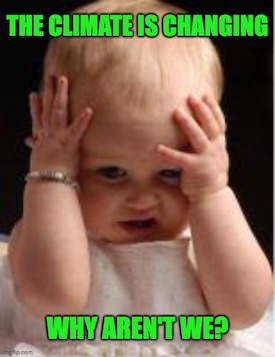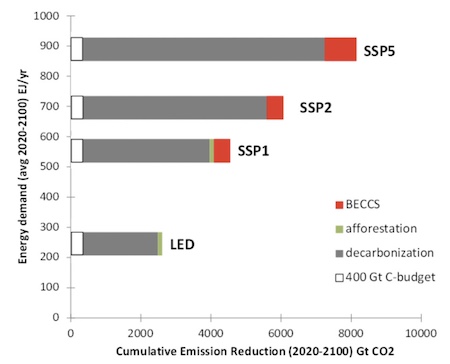
Dry and windy conditions have already led to a fire warning in the Sacramento Valley. Source: National Weather Service, Sacramento
Despite the many warning signs of climate change, our national leaders seem to be doing … bupkes, as my grandmother used to say. (Translation: nothing, nada, zilch.) Our leaders are slow-walking us, our kids, and our grandkids to an increasingly difficult life on an ever-warming planet.
If this makes you frustrated, you are not alone. Politico conducted a poll of 1000 adults across 13 countries in December, and they summarized the response as: “The world is on fire and our leaders are failing.”

Yes, our leaders are failing us. And in the face of that vacuum at the top, we can get anxious and depressed. The New York Times recently reported on climate anxiety, a disorder that affects people young and old who are concerned about the future but feeling powerless to change it. The author profiles a woman who struggles to reduce her emissions while social and economic norms push her in the other direction. She diagnoses her condition: “I feel like I have developed a phobia to my way of life.” Others might feel apathy or even resentfulness about the pressure that seems to come with so little help. Is it fair to be made to feel guilty about just living in the way in which we were raised? Of course not.
A Gates Notes video suggests that people in this situation might get so frustrated that “moral licensing” leads them to behave counter-productively and generate even more emissions than normal. Does that resonate with anyone? It is a small, defiant victory to rev the engine of a big SUV, turn the heater way up, and eat a giant hamburger or steak. And you know what, we all have to stay sane.
But … To the extent that you can channel that frustration and anger into productive action, it can do a world of good. The latest IPCC report (yes, there is another one!) for the first time ever has a chapter on the impact of consumer behavior on emissions trajectories. You can read CarbonBrief’s summary here. The report estimates that if people take action to reduce their energy use with a combination of behavior and technology changes, greenhouse gas emissions in 2050 could be reduced by 40-70% from baseline scenarios. The potential impact of “demand-side” changes is especially large when it comes to the food, transportation, and building sectors.

The IPCC reports that when consumers use less energy (the LED or Low Energy Demand scenario), it can significantly reduce the need for decarbonization and our reliance on unproven technology. Source: CarbonBrief
The choices we make and the actions we take now make a bigger difference than at almost any other time during this energy transition. Because our politicians are unconvinced that we want them to act, our decision to eat less beef, install a heat pump water heater, reduce our flights, or commute via e-bike convey a message. By aligning our actions with our values, we reduce our own emissions and add to a base of economic data that will influence regulations and investments. The accelerating growth and investment in plant-based meat, non-dairy milk, electric vehicles -- this never would have happened without the proactive behavior of early consumers.
You don’t have to spend more to do this. You can save money by cutting back on flying and meat, comfortably turning down your thermostat, or visiting the gas station less often. The market for secondhand clothing is booming. People are starting to consider repairability when buying new electronics, which saves money over time. And these actions may also make you happier, because they have an unmistakable impact.
The paralysis of our leaders in the face of accelerating environmental damage can make us frustrated, fed up, anxious, angry, depressed, and even resentful. Furthermore, the companies that are making money from the status quo want you to feel hopeless and apathetic. Don’t give them the satisfaction. We can align our actions with our values, show that we care about climate change, and slowly shift our culture to one that goes easier on our planet. This will help our leaders to act. I am fortunate to hear from people almost every day who are making changes that they are excited about. I hope you will give positive action a try.
Notes and References
1. Palo Alto has upcoming workshops on EVs and e-bikes. Mountain View residents can visit this site to get personalized recommendations for reducing your use of fossil fuels, and attend an Earth Day celebration to learn about and try EVs and more. Acterra is hosting an "eco-friendly foodpalooza" with great plant-based food and cooking demonstrations in Menlo Park on Saturday, April 16.
Current Climate Data (February 2022)
Global impacts, US impacts, CO2 metric, Climate dashboard
Comment Guidelines
I hope that your contributions will be an important part of this blog. To keep the discussion productive, please adhere to these guidelines or your comment may be edited or removed.
- Avoid disrespectful, disparaging, snide, angry, or ad hominem comments.
- Stay fact-based and refer to reputable sources.
- Stay on topic.
- In general, maintain this as a welcoming space for all readers.



